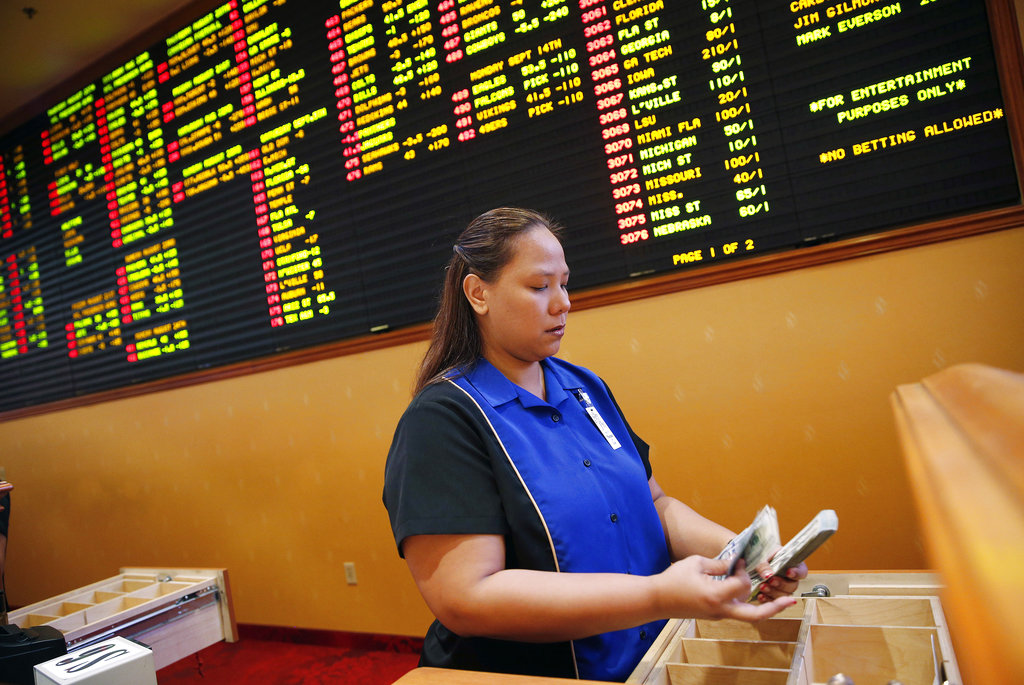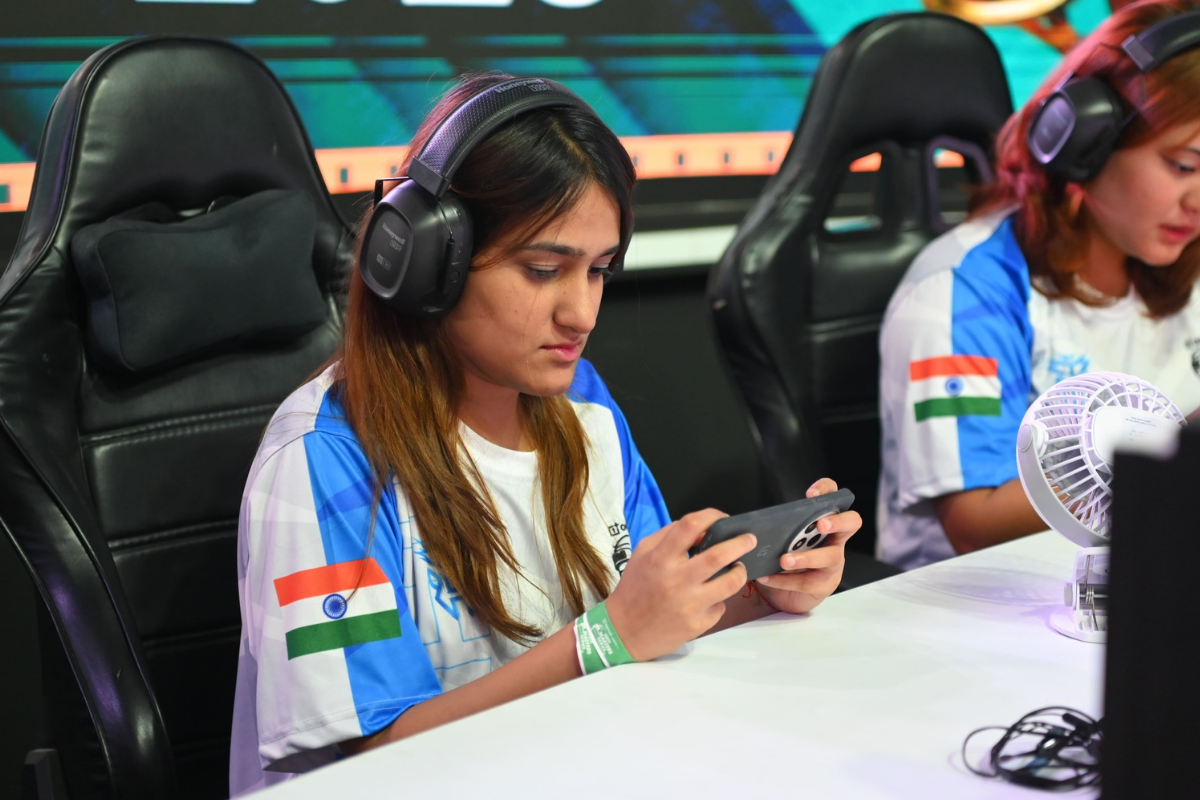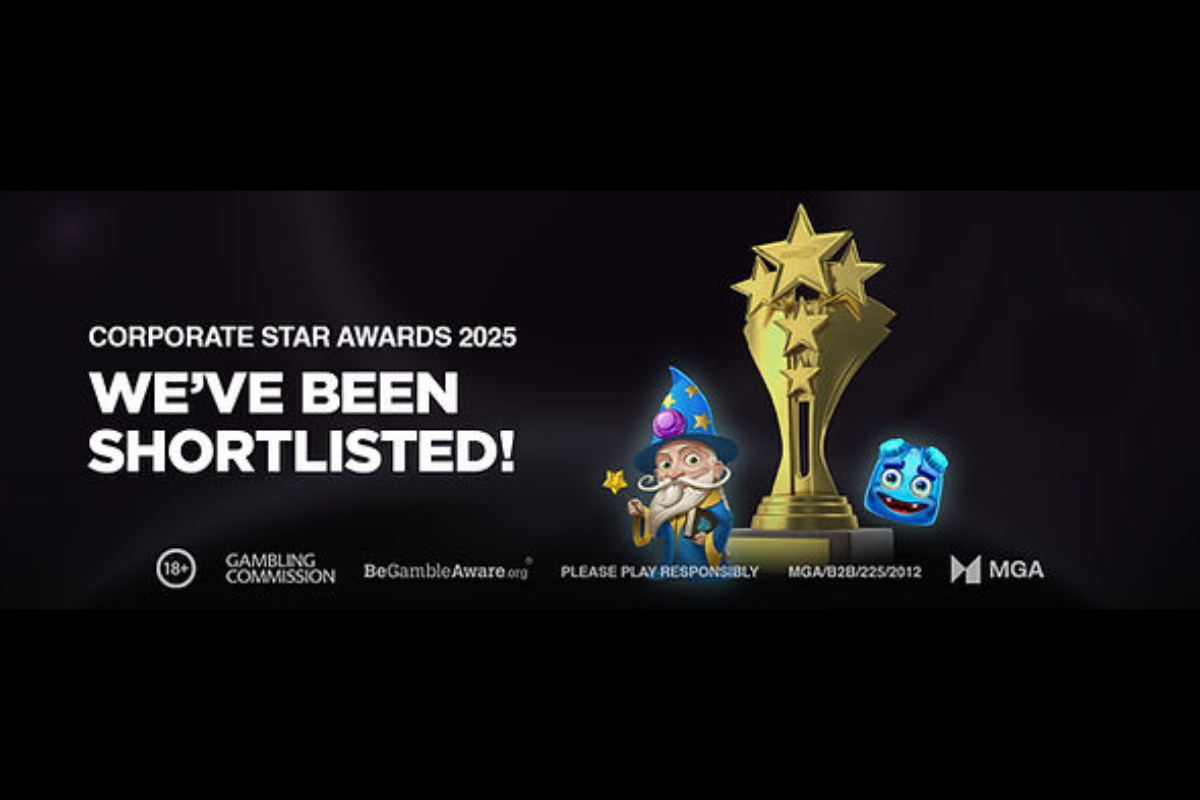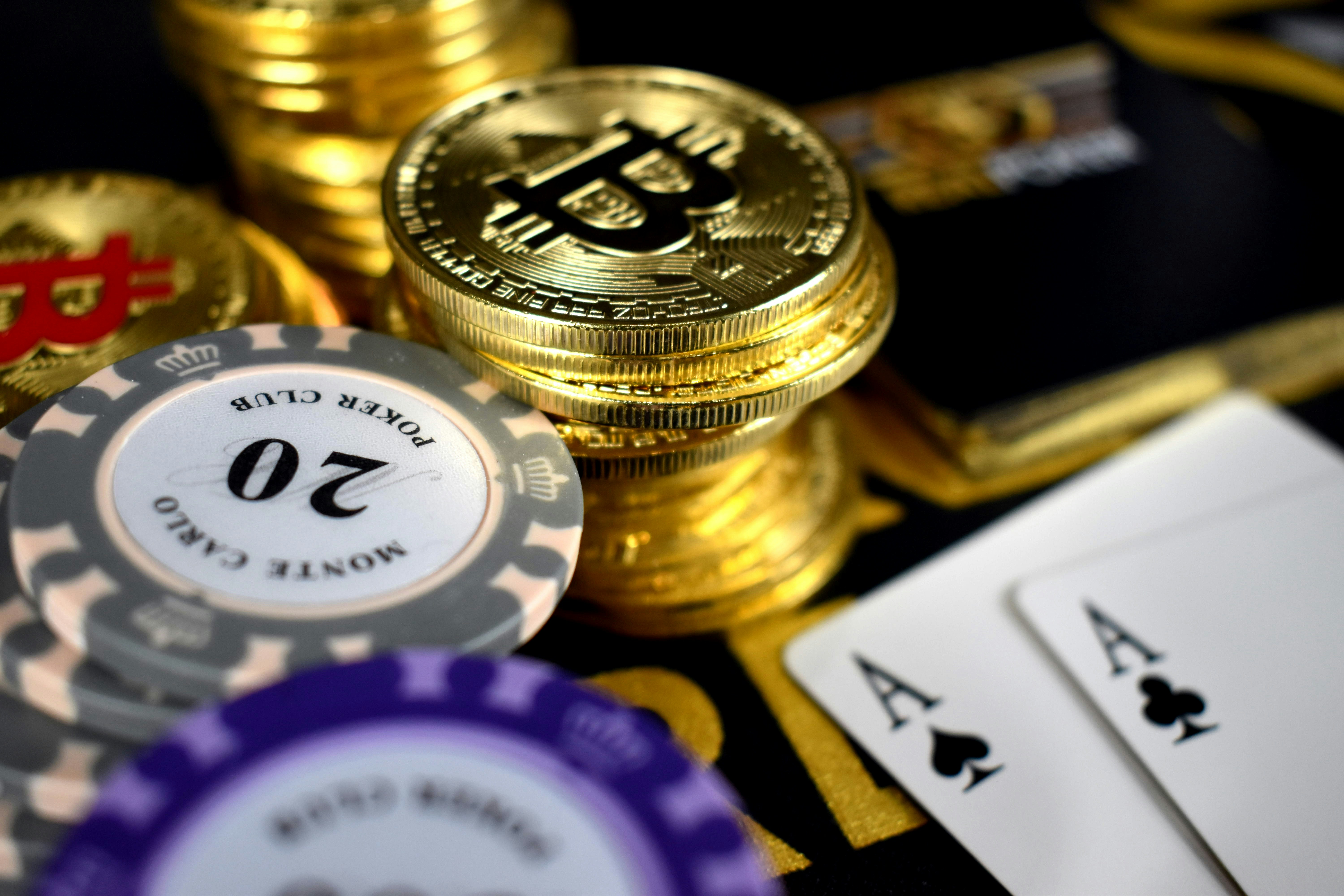Gambling in the USA
Awaiting Supreme Court decision on gambling, pro sports leagues prepare for legal betting

Across Florida and Arizona, professional baseball teams are prepping for the inevitable surprises of a 162-game season. Players and coaches use spring training to limit the unknown variables, and this year so is Major League Baseball.
By the season’s midpoint, fans in certain states might be able to place legal bets on baseball games, and MLB officials knew they couldn’t afford to wait to start preparing. So players from every team are getting an enhanced education this spring on sports gambling, as are coaches and umpires.
Some time before July — perhaps as early as Tuesday — the Supreme Court is expected to make a ruling that could drastically alter sports gambling in the United States, possibly striking down the 25-year-old federal law that largely prohibits sports bets outside of Nevada or maybe allowing individual states to decide for themselves whether fans should be permitted to wager on games.
“We’re realistic that sports betting in all likelihood is going to expand in the United States,” MLB Commissioner Rob Manfred said on a conference call with reporters last week.
The four major U.S. sports leagues have been bracing for all possibilities, both ready and in some cases eager for the new world that could be waiting on the other side of the court’s decision. To varying degrees, the leagues have been educating players, have started studying analytics that monitor betting data and have researched the partnerships and business opportunities that surely will open new revenue streams.
While the leagues historically have considered sports betting a serious threat to business and banded together a quarter-century ago to encourage Congress to pass the Professional and Amateur Sports Protection Act, some attitudes have changed. Manfred recently said sports gambling “can be a form of fan engagement; it can fuel the popularity of a sport. We all understand that.”
While the Supreme Court could opt to maintain the status quo, many sports gambling analysts and court-watchers anticipate a ruling that lays out some sort of path to legal sports wagering. At oral arguments in December, a majority of justices seemed receptive to New Jersey’s argument.
While the NFL and NHL have been less public or vocal about their planning, the NBA and MLB have teamed together and have been actively lobbying state legislatures, helping them craft bills that address their myriad concerns. At least 18 state legislatures have some form of legislation in the works in anticipation of the Supreme Court giving them a path to legalized sports betting, and NBA and MLB officials have been crisscrossing the country to share their preferred model.
“We were happy to sit with legislators and look at the economics and talk about what is the best system,” NBA Commissioner Adam Silver told reporters during last month’s All-Star Weekend.
According to research by UNLV’s Center for Gaming Research, legal sports betting in Las Vegas has nearly doubled in the past decade, totaling nearly $5 billion. Football, both college and professional, accounted for $1.76 billion of that last year, followed by basketball at $1.5 billion and baseball at $1.14 billion. Experts estimate that illegal betting in the U.S. is significantly higher, likely topping $100 billion.
The NBA has been particularly aggressive in this space and last year promoted an executive to the newly created position of “vice president, head of fantasy and gaming.” Dan Spillane, the NBA’s senior vice president and assistant general counsel, told a New York state Senate committee that legalized sports wagering will require leagues to do more — “more in compliance and enforcement, including bet monitoring, investigations and education.”
“We have studied these issues at length,” Spillane told the committee. “Our conclusion is that the time has come for a different approach that gives sports fans a safe and legal way to wager on sporting events while protecting the integrity of the underlying competitions.”
The model encouraged by the NBA and MLB goes further than simply opening betting windows, building in safeguards and potentially discovering a big revenue stream for the leagues. They’ve been lobbying states to encourage consumer protection requirements, such as a licensing program and measures to address problem gambling; authorizing betting on the Internet and mobile platforms that might further discourage illegal channels; allowing leagues to restrict the types of bets permitted (for example, not offering a line on whether a player will commit the first foul of a game or whether the first pitch of a game is a ball or strike); and urging sports books to share betting data that might identify unusual activity.
“One of the primary benefits of a regulated sports betting industry would be increased transparency into what is currently a black box: the betting data in the illegal market,” Bryan Seeley, MLB’s senior vice president and deputy general counsel, told the Kansas legislature last week. “This would provide access to billions of points of data, which could be aggregated, analyzed and acted upon in real time to protect games from outside influences.”
Perhaps most notably, under their proposal, each league would receive 1 percent of every dollar wagered on its games. Silver likens this to an “integrity fee,” or a “royalty to the league.”
“I would only say, from the NBA’s standpoint, we will spend this year roughly $7.5 billion creating this content, creating these games,” he said. “Those are total expenses for the season. So this notion that as the intellectual property creators that we should receive a 1 percent fee seems very fair to me.”
He also noted that the leagues will take on added expenses, in monitoring data, providing education and possibly conducting investigations and enforcement. While the leagues have implied that 1 percent figure is negotiable, others have expressed concern that the fee could backfire. Geoff Freeman, the president of the American Gaming Association, said unlike others types of gambling, sports betting is a low-margin business, and even 1 percent could cost a sportsbook 20 percent of its revenue. The net result could be bookmakers installing tighter odds that aren’t competitive with what’s offered on the illegal market.
“This isn’t slot machines, where you can put a tax rate of 50-plus percent and still make money,” Freeman said.
While legalized sports betting surely will open up new partnerships, sponsorships and business opportunities – for starters, DraftKings already has announced its intention to take sports bets if the federal law is struck down entirely – the leagues would stand to reap huge revenue from any states that ultimately agree to kick back any portion of its sports wagering money. Since the leagues are the ones that assume the risk, MLB’s Seeley told the Kansas legislature, they’re the ones that must protect themselves — “as the damage from even a hint of scandal will hurt the sports leagues far worse than anyone else.”
Less vocal, the NFL and NHL have studied many of the same issues. The NHL added an expansion franchise in Las Vegas this season, and the NFL’s Oakland Raiders are relocating there as early as next year. Both moves prompted league officials to weigh all the implications and potential consequences of doing business in the gambling capital of the United States. Neither league is committed publicly to any new measures based on the Supreme Court’s pending decision.
“We all will be guided by what the Supreme Court ultimately decides,” NHL deputy commissioner Bill Daly said in a statement to The Washington Post. “Things won’t change immediately or overnight. We will digest the opinion and make adjustments to our existing policies as necessary.”
The NFL consistently has expressed reservations about legalizing sports wagering.
“Regardless of the outcome, we will maintain our relentless focus on protecting the integrity of the game and ensure there are no improper influences affecting how the game is played on the field,” NFL spokesman Brian McCarthy said. “If there are changes, we will work with regulators, operators, the clubs, players and others to ensure that our fans and the game and the people who play, coach, and officiate it are protected.”
Whatever happens after the Supreme Court ruling, it could happen quickly. Monmouth Park in New Jersey already has a sportsbook facility ready to go, though the state may have to tweak its legislation further before bets start coming in. Pennsylvania has signed legislation into law in anticipation of legalizing sports wagering. In West Virginia, a bill has already passed both chambers, and states such as New York and Indiana are poised to move quickly on their bills. Other states – such as Maryland, which is considering a bill that calls for a voter referendum – would have several more steps to navigate.
“It’s not as simple as signing a bill, and then you have a sports betting industry,” said Chris Grove, managing director at Eilers and Krejcik Gaming, a gambling research firm. “A lot more has to happen before licensed operators can start taking sports bets.”
Even if the Supreme Court’s ruling doesn’t drastically alter sports gambling in the United States immediately, those who’ve been monitoring the issue say the national dialogue has progressed – and leagues, fans and lawmakers have to continue taking steps to prepare for the day that sports betting is legalized.
“Sports betting happens,” Manfred said at a recent economic forum in New York. “Whether it’s legalized here or not, it’s happening out there. So I think the question for sports is really: ‘Are we better off in a world where we have a nice, strong, uniform, federal regulation of gambling that protects the integrity of sports, provides sports with the tools to ensure that there is integrity in the competition? … Or are we better off closing our eyes to that and letting it go on as illegal gambling?’ “
Source: chicagotribune.com
-

 Asia7 days ago
Asia7 days agoNational Sports Day: Why it’s time to see esports as a key pillar of India’s new-age sporting identity
-

 Baltics7 days ago
Baltics7 days agoAll Gambling Halls in Riga Threatened with Closure – Industry Raises Alarm
-

 Latest News6 days ago
Latest News6 days agoFavbet × Spinner: An Exclusive Live Studio That Has Already Gained Recognition in Ukraine
-

 Latest News7 days ago
Latest News7 days agoCubeia announces Cubeia Platinum Freeroll at SiGMA Poker Tour Malta
-

 Latest News6 days ago
Latest News6 days agoAfter $546M H1, Gurhan Kiziloz Bets on Brazil With Nexus HQ While Giants Look West
-

 Latest News7 days ago
Latest News7 days agoPlay’n GO shortlisted in two categories at the prestigious Corporate Star Awards
-

 Latest News7 days ago
Latest News7 days agoENHANCING COMMUNITY SPIRIT: SKY BET EFL BUILDING FOUNDATIONS FUND PROVIDES FIRST LOOK AT SOUTHLANDS HUB IN MIDDLESBROUGH
-

 Latest News7 days ago
Latest News7 days agoEmbrace Your Inner Maverick in Hacker’s Haven
















